Homeschooling: What kind of hippy is that?
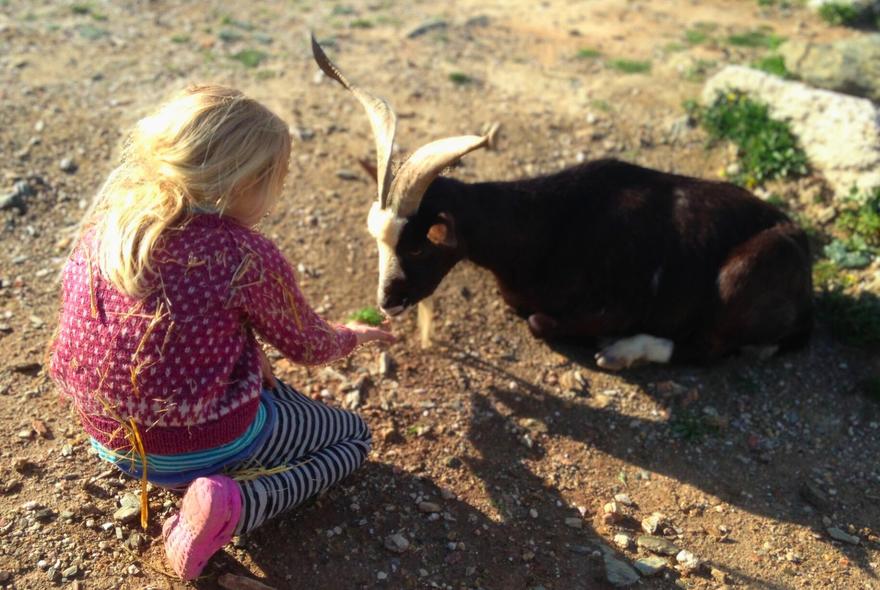
Homeschooling is the most radical choice in the flock of different leaders in our family. What does homeschooling entail, and what on earth is it about?
Where I came from to where I am now is so fiendishly different. It is so different that I feel unable to explain it. At the same time, homeschooling is the most radical choice in the pack of untraditional decisions in our family. Therefore, it’s also centrally essential to talk about it when the tone needs to be authentic and inspirational. This is the first shot of thoughts, explanations, and angles. The whys, the hows, what it involves, and what in the hell is going on when parents stop sending their children to school.
First of all…
Homeschool is a possibility that is totally legal and is actually quite OK and available in Denmark. But the choice is extreme. To stop sending your children to school is so far outside the box that when we tell people that most of our children don’t go to school, we are met with raised eyebrows at lightning speed.
Today’s article about what homeschooling means to our Family will be built on four themes.
- The legality: what happens with that? Are people allowed to stop sending their children to school? Isn’t it compulsory?
- Work Vs. Leisure. Is it always the weekend for homeschooled families?
- What is homeschooling? Is it just like a normal school, only at the kitchen table?
- The big impossible question — why the hell do we do it? What is the point?
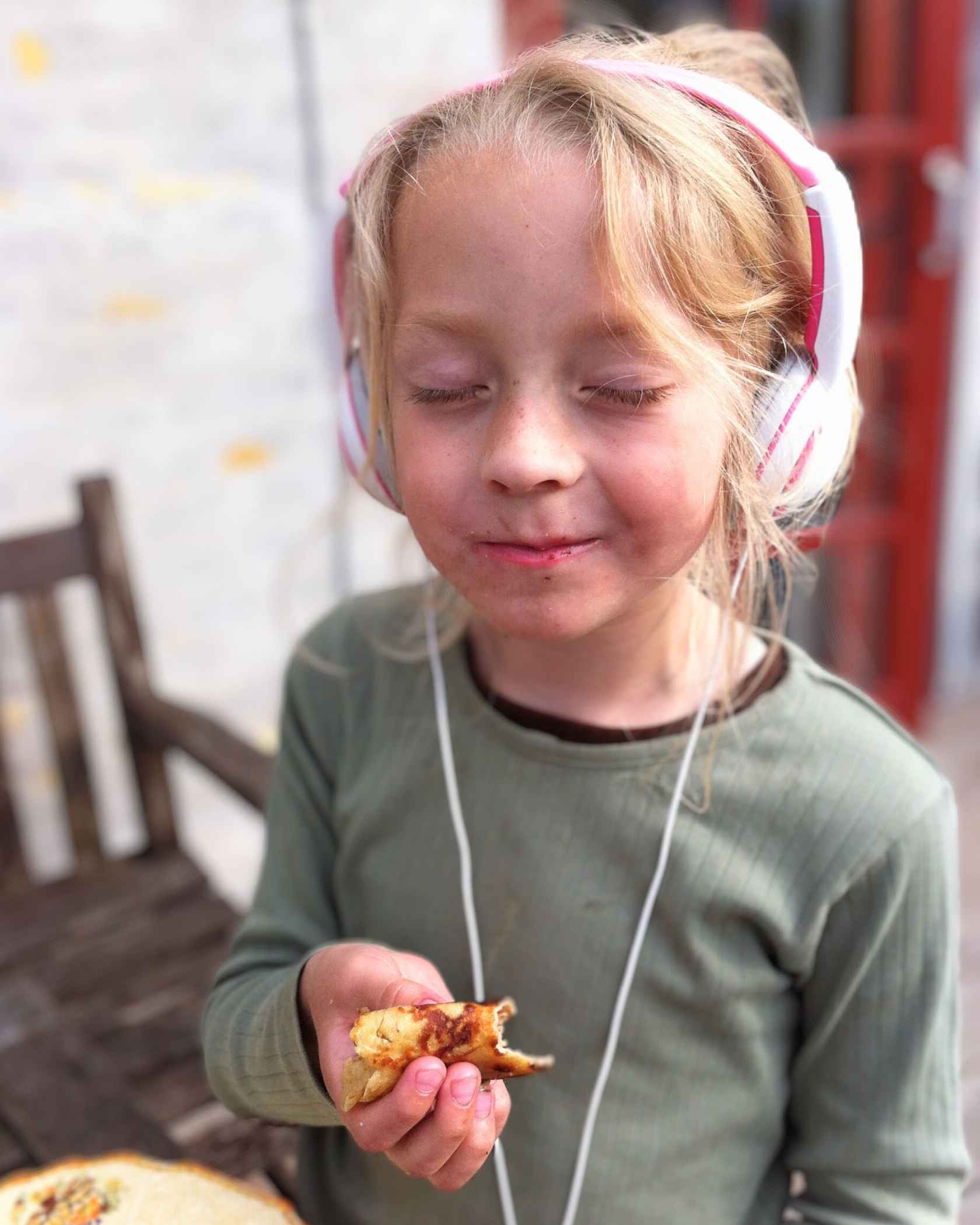
Number 1: Is it at all legal?
Yes. In Denmark, education is compulsory, but school attendance is not. Parents have the right to take responsibility for education in the form of home education (HE). The education can be conducted by parents, by a network, and by private teachers — that’s up to you. In addition, education is governed by the free school law. For anyone interested, I recommend frilæring.dk, where seasoned wives in HE give very educational and clearly communicated legislation and practice.
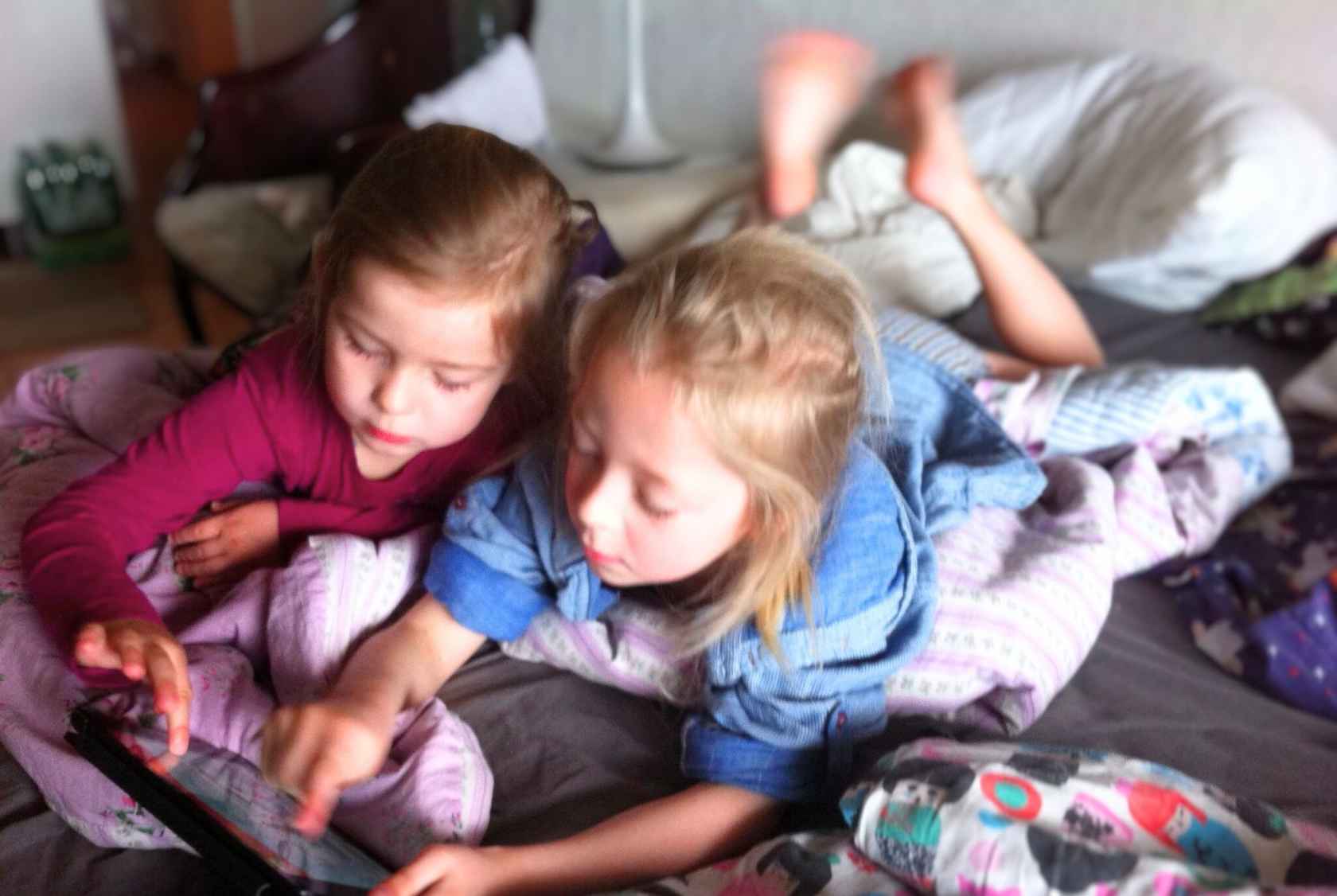
Number 2: Is it always the weekend?
No. The most incredible thing happens when you relate back to your children and stop dropping them off at school. It’s not like having a weekend because the feeling of belonging together has to be picked up. There is an accumulated need for contact and attention because there is a deficit of time to be together. You come to know each other well, and the togetherness becomes more and more relaxed. This is how it happened for me when I took my two-year-old daughter and five-year-old son out of the institutions (I have since had another child and my homeschool children are now two, five, and eight years old: the two oldest are officially homeschooled whereas my oldest daughter of fourteen goes to school).
So it’s not the weekend. The weekend is over. But that’s not the only thing that is past: stressful mornings are over, fetching the kids in the dark, wet rain jackets, and strict bedtimes. No more lunchboxes, cold, parents’ meetings, or sowing names into jackets. There are many other things and some serious setbacks. But I don’t see any use in listing those here just yet.
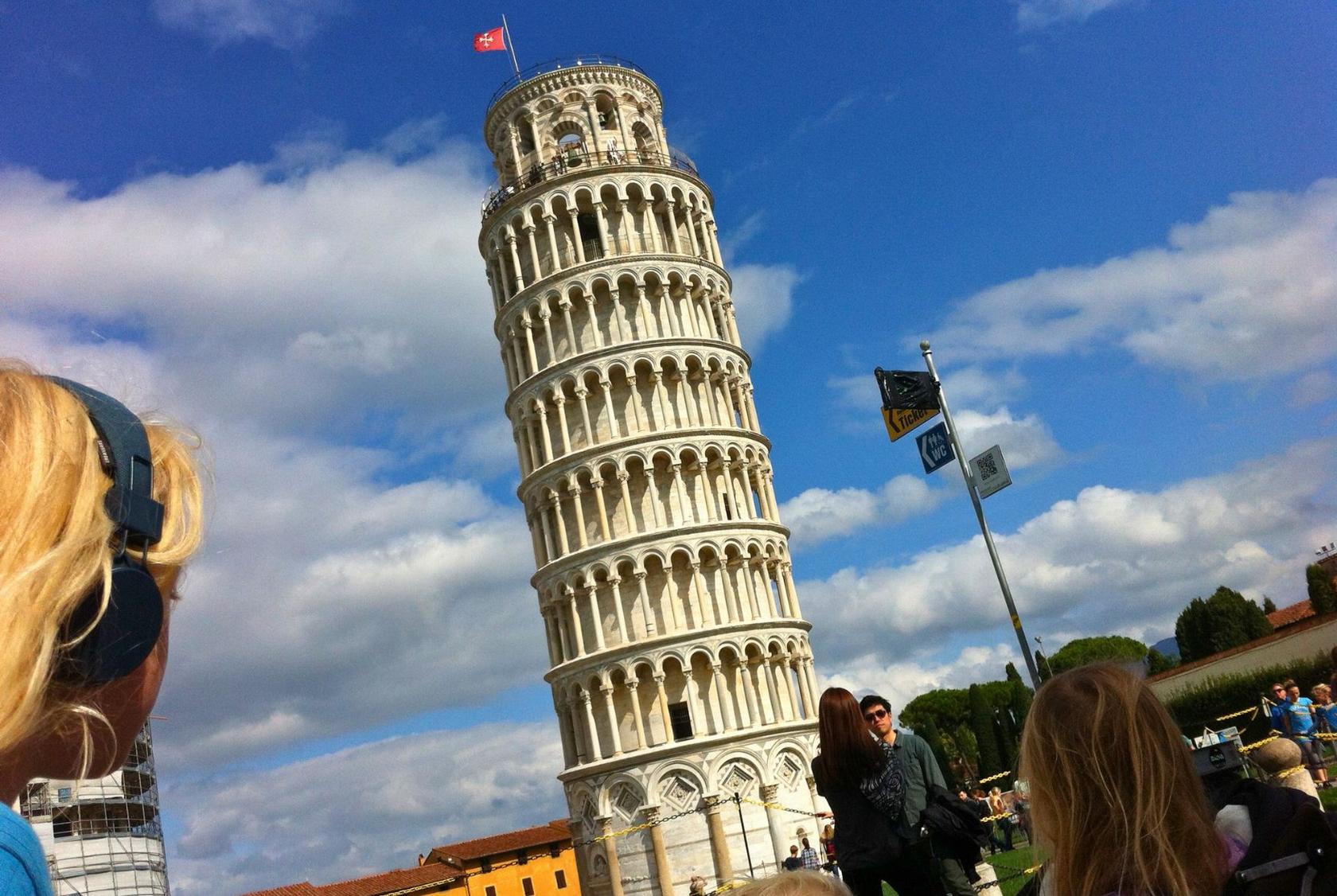
Number three: Are the kids educated just like they would be at school?
Yes. And No. It’s a personal decision. When you take over responsibility for your children’s education, you have to commit to a plan: you need a pedagogical vision (as far as I remember). This has to be authorized, but it does NOT have to be exactly like in public school.
Every homeschooling family manages the duty of education differently. I want to talk about our home practices in another article.
Here, I will say that we, first and foremost, are living our lives. When maths pops up, we solve math problems. When the sun shines, we go to the beach. When it snows, we drink hot chocolate. My primary regard is well-being. I always have my focus on the good life. I don’t worry more about whether my children learn to read than I do about if they eat cheese sandwiches, take my hand or ride a bike, play Minecraft, or speak English. My children learn what they want to learn and more, with their own desire and little pressure from me. There isn’t any correct system, we don’t hold school days with school books, but we never stop.
Sometimes we practice things at the kitchen table for an hour before lunch, which resembles school work, but I can safely say that the children learn just as much when we don’t play school as when we do. So in the big picture, we do it for fun because some of it is fun. But anything that isn’t, we don’t waste our time on.
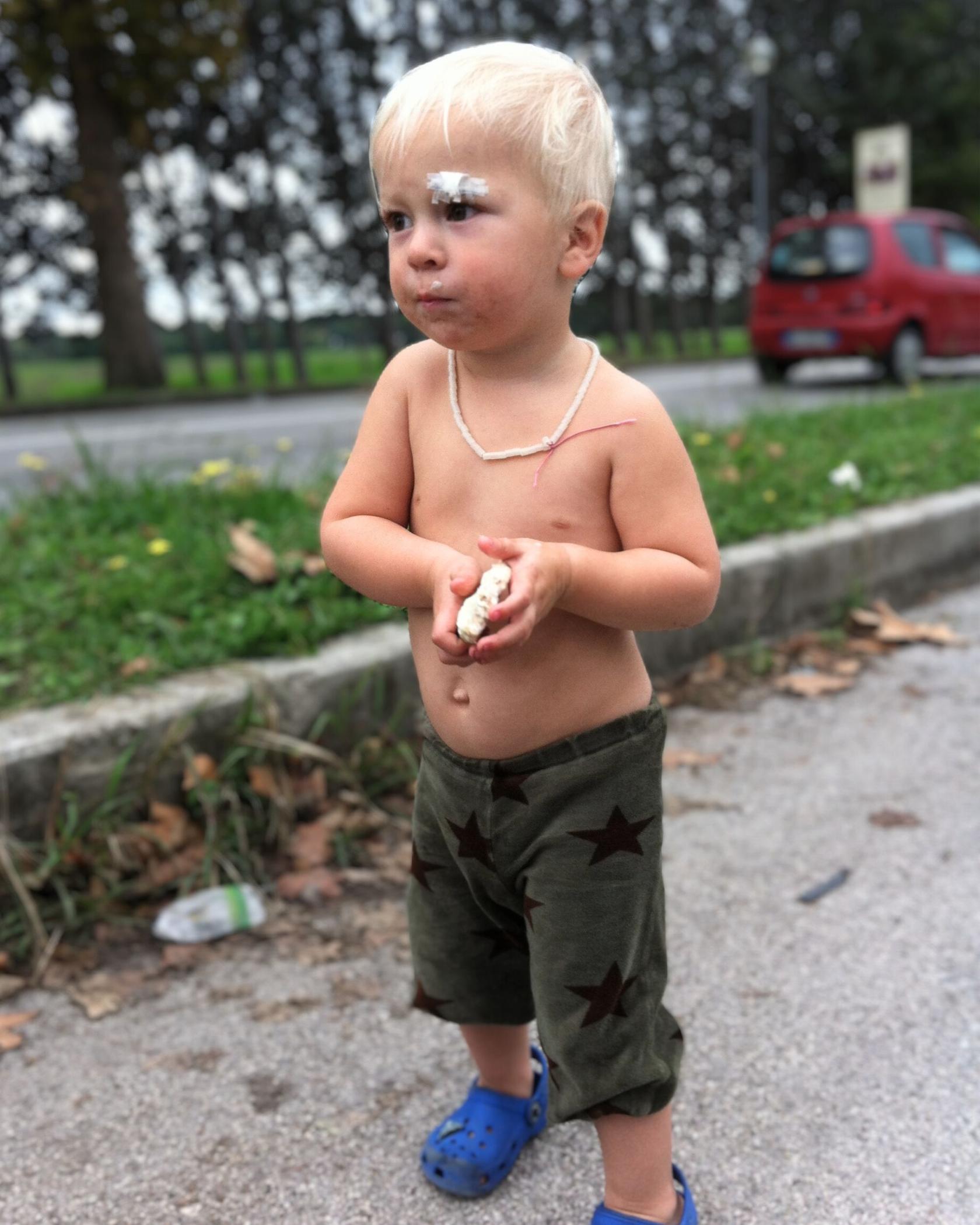
Number four: The hard way, but why? Why in the world do we do it?
Yes, this is when the eyebrows rise. This is where it bites, and this is also where it gets tough to give answers.
The short version is: because it is this lifestyle that means the most to us. The paranoid (without any trace of sarcasm) is: because school is a mass-production business that creates obedient taxpayers. We think it is essential to be together and to realize what it is we are passionate about.
The cozy: because it is essential and too lovely to plant tulips in the garden, enjoy the sun, eat brownies for lunch, the snuggle under the blanket for hours on winter days.
The pedagogical: because we believe training, improving, and learning is something that happens spontaneously in life when you don’t disturb or stop it; because we believe 100% in our children’s ability to find their way in their desire to understand, grasp, process, and to sense the world in a way that is more fun, more effective and way better than a reality with more than twenty peers in a top-down system.
The philosophical: Because we are against the lifestyle where you have to give up your life now to get a better life later. We believe every day is a gift and should be grasped as such, not used for strategic purposes. The anarchist: Because we don’t believe — to any real high degree — in work ethic or repetition. Anything can be quickly learned if it becomes essential to you: you can learn to read, speak a foreign language, or ride a bike. In school, you can decide when or what you will learn. But you can do this so much more at home.
Okay, there are many reasons to do what we do. The above is just a scratch on the surface. I want to refer to Sir Ken Robinson again, and also Sugata Mitra, my big scholastic inspirator.
May the sun shine on you

Cecilie Conrad
Have you read the latest articles by Cecilie Conrad?
Here you can find my latest writing - It is a mix of my blogposts and 2023 journaling. I hope you will enjoy it :)
Where are we now?
Want to stay up to date with our travels and podcast? Then sign up for our weekly newsletter


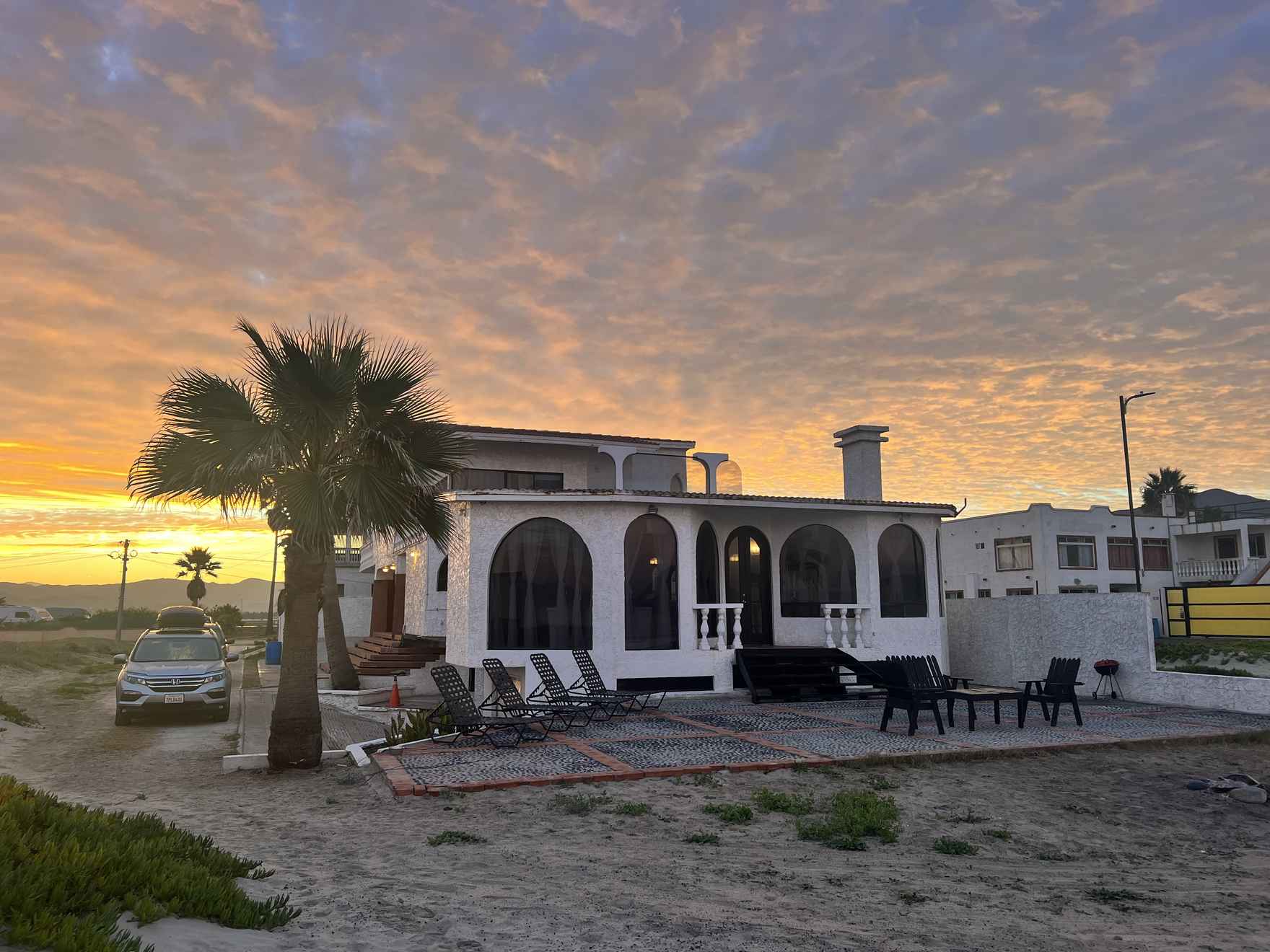
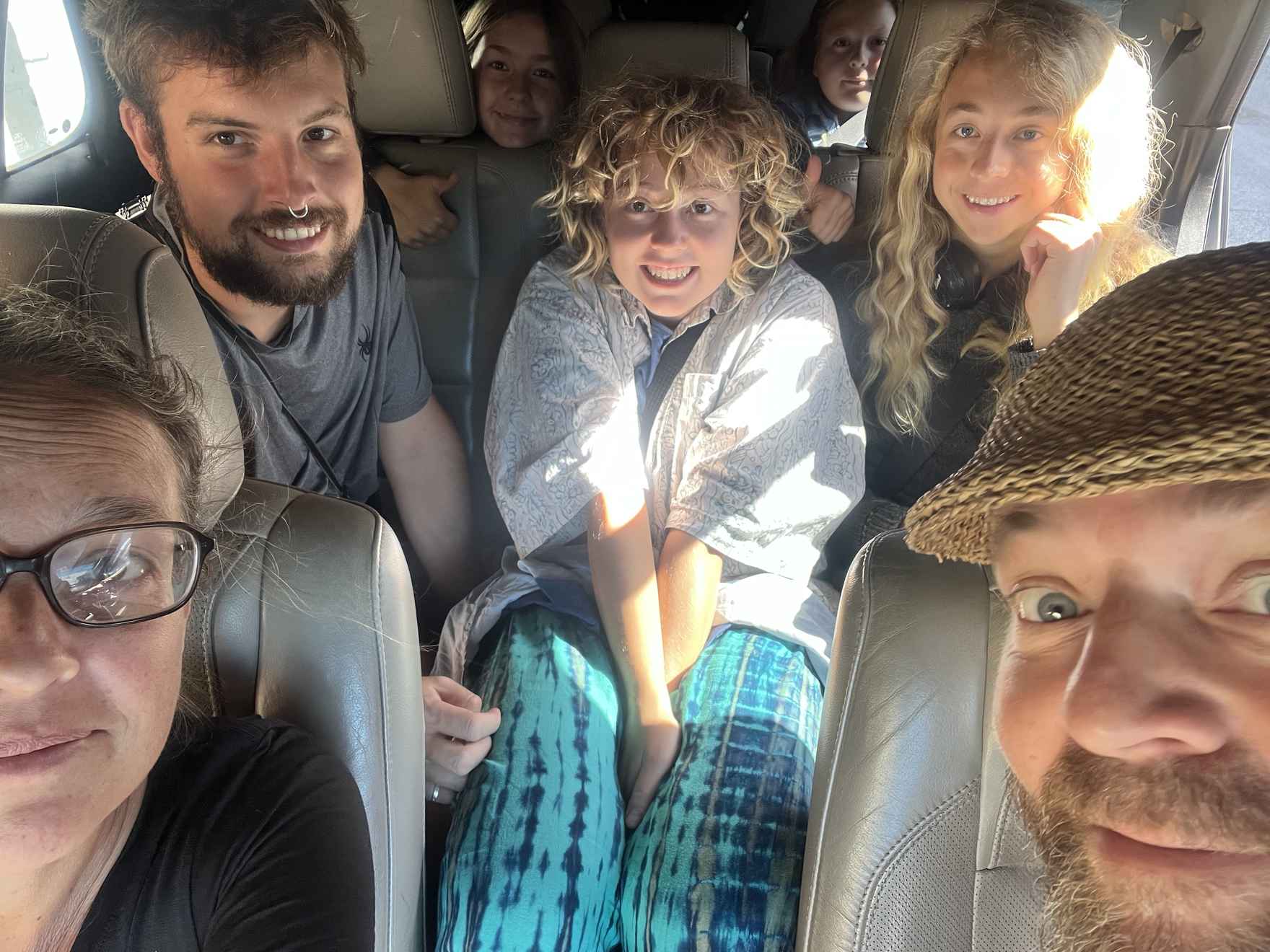
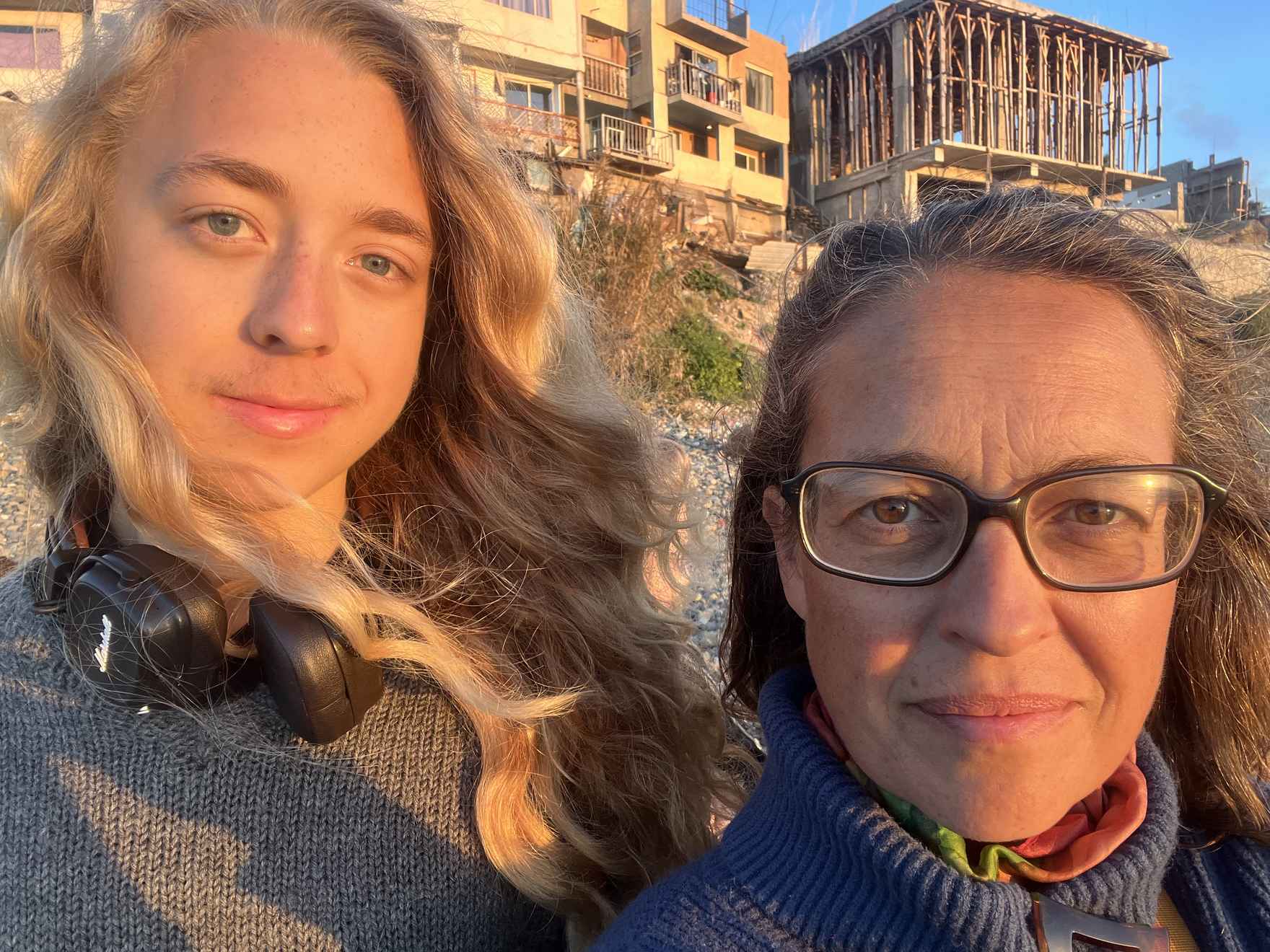


0 comments
Leave a comment